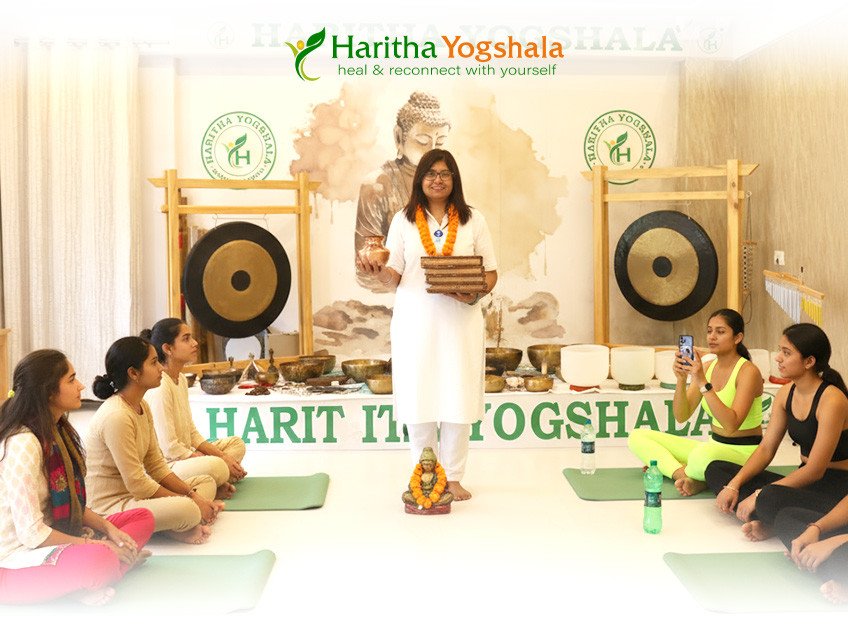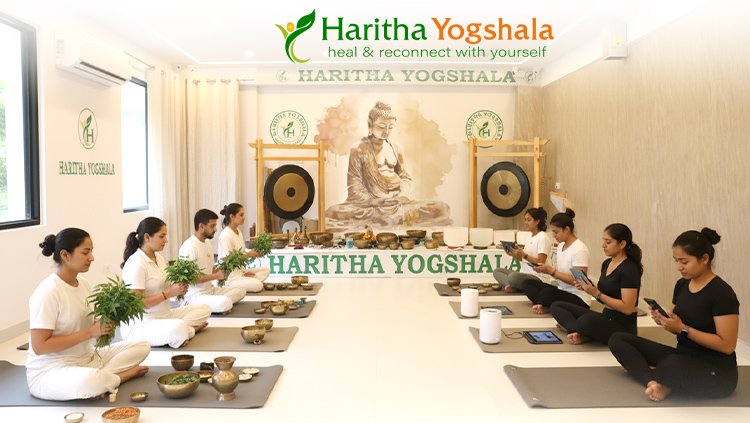
While new wellness trends come and go in a blink, Ayurveda, the oldest science, is still the first choice for people. Digital detoxes, superfood supplements, and high-tech recovery gadgets make their debut, but more and more individuals are uncovering that genuine well-being is not for sale, it is a matter of self-building.
Ayurveda through the ages has been a beacon of hope for the people in terms of health and happiness. In fact, it has a joint and time-tested approach that merges the body, mind, and soul. Contemporary issues of wellness mostly aim at top-level quick fixes, while Ayurveda goes deep and consequently, the healing also comes from the root that is, giving the body its lost balance instead of temporary relief symptoms.
In stark contrast to many short-term fixes, Ayurveda conceptualizes a human being as singular in the world with a unique nature (prakriti) and a set of properties that are imbalanced (vikriti). It does not use an all-encompassing plan to govern the diet and prescribe a treatment program but considers the person-first approach to such decisions.
Students enrolled in an Ayurveda course will, very soon, get the idea that the body is not separate from the mind, that they are one and the same. This holistic perception is the point wherein the traditional medical system is marked off from the latest health trends.
Some of the modern health trends, such as cold plunges, and wearable health trackers, are nothing but gimmicks that issue the promise of getting quick results. The advancement in technology has allowed the creation of brilliant self-care instruments, but many of the practices are merely copies of what Ayurveda has taught for the last few centuries mindful breathing, daily activity, eating according to the season, and sleeping.
But the point is, that Ayurveda is not one of the trends it is a perpetually valid system. What apps nowadays suggest through algorithms, Ayurveda has traditionally known through observation and balance.
This is the reason why a lot of wellness enthusiasts are now combining fitness or nutrition along with structured study, such as an Ayurveda certification course, to know the “why” behind the “what.”

Modern wellness can instruct you on what to eat and how to meditate but the teaching that Ayurveda gives is why. On the path of an Ayurvedic nutrition course, students understand that food is not only energy; it is also medicine. They eat according to their constitution, season, and digestion, which makes each meal a prescription for the equilibrium of the body.
At the same time, the training in Ayurveda massage is not only a nicely calming experience it is also rejuvenation. The procedures of Abhyanga and Marma point activation assist in the movement of energy, detoxification of tissues, and giving a fresh start to the nervous system, an attribute that no gadget can copy.
The major reason behind Ayurveda's retention in 2025 is not an affection for the past, it is the success that its principles of balance, routine, and mindful living have a very good match with what people now want: health that lasts.
Professionals, who have gone through a course to become an Ayurveda practitioner or are enrolled in advanced Ayurveda teacher training, are witnessing a rise in the demand of authentic guidance from all around the world since a large number of people are going from temporary trends to deep and lasting transformations.
The seekers of intensive and experiential learning frequently are found in India, particularly at Rishikesh, the location of a Panchakarma course, where detoxification, meditation, and customized care come together in a setting created for healing, fascinated by this program.
The future of wellness is not in getting rid of tradition but in embracing it. Ayurveda, as modern methods are struggling to keep up with the rapid changes and the ever-changing world of wellness, offers something far more profound and enduring a system that is based on observation, alignment, and having an inner consciousness.
Traditional healing is still the best because it is not just about treating a disease it is about teaching. It guides us to the understanding of our bodies, calms our minds, and nurtures the practice of balance in a manner that no transient fad could be equal to.
In the year 2025, wellness will still revolve around the same principles that Ayurveda has always upheld. The main goal of even a short Ayurveda therapy course or a complete Ayurveda certification course remains the same: harmony, not hype.
If you are looking for a way of going beyond the trends and discovering the true healing experience, the best place to start would be at the source of wisdom.
Come visit the Haritha Yogshala - it is the place where tradition meets transformation, and time-honored Ayurveda shapes the wellness leaders of tomorrow.